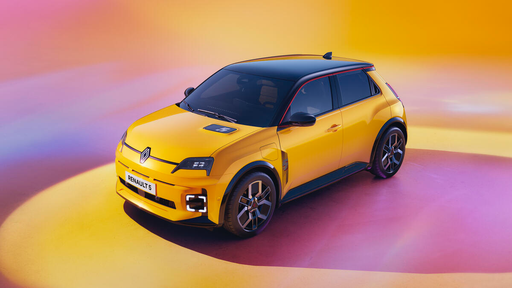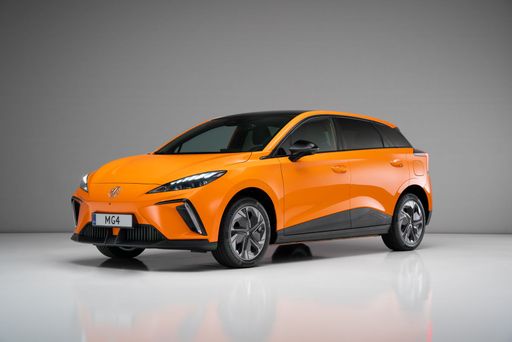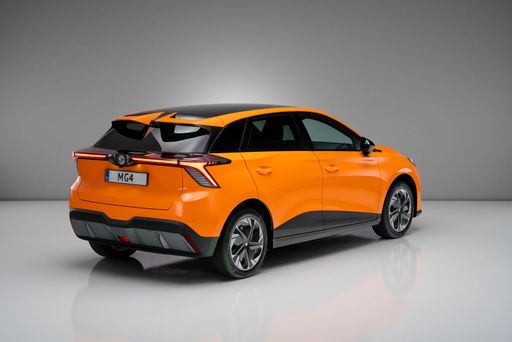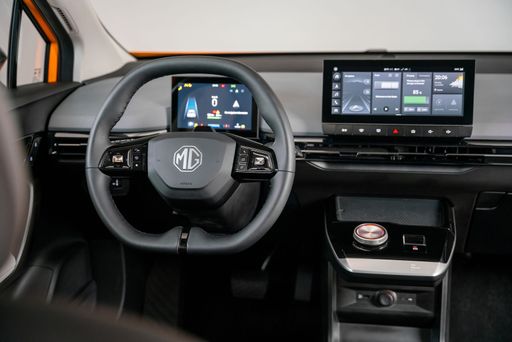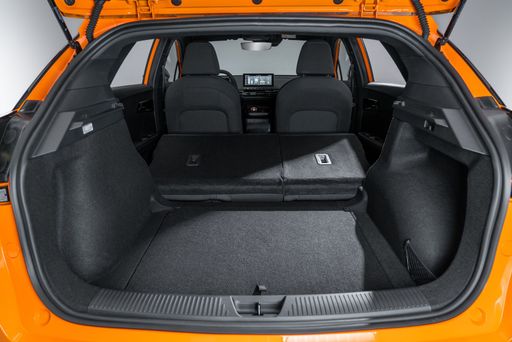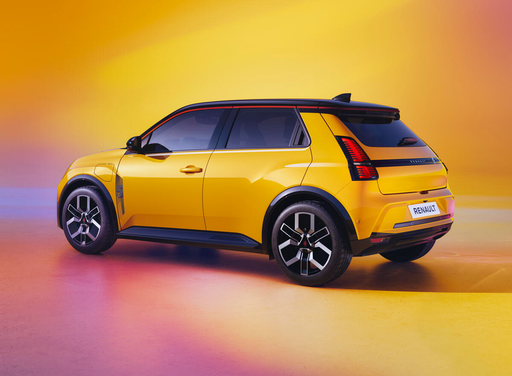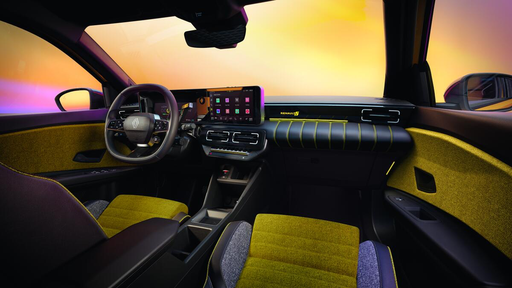MG MG4 vs Renault R5: A New Era of Electric Hatchbacks
As electric vehicles (EVs) continue to reshape the automotive landscape, the MG MG4 and the Renault R5 stand out as two compelling options in the hatchback segment. Each model brings technological advancements, innovative features, and appealing performance metrics to the table, but which one comes out on top? Let’s dive into the details.

